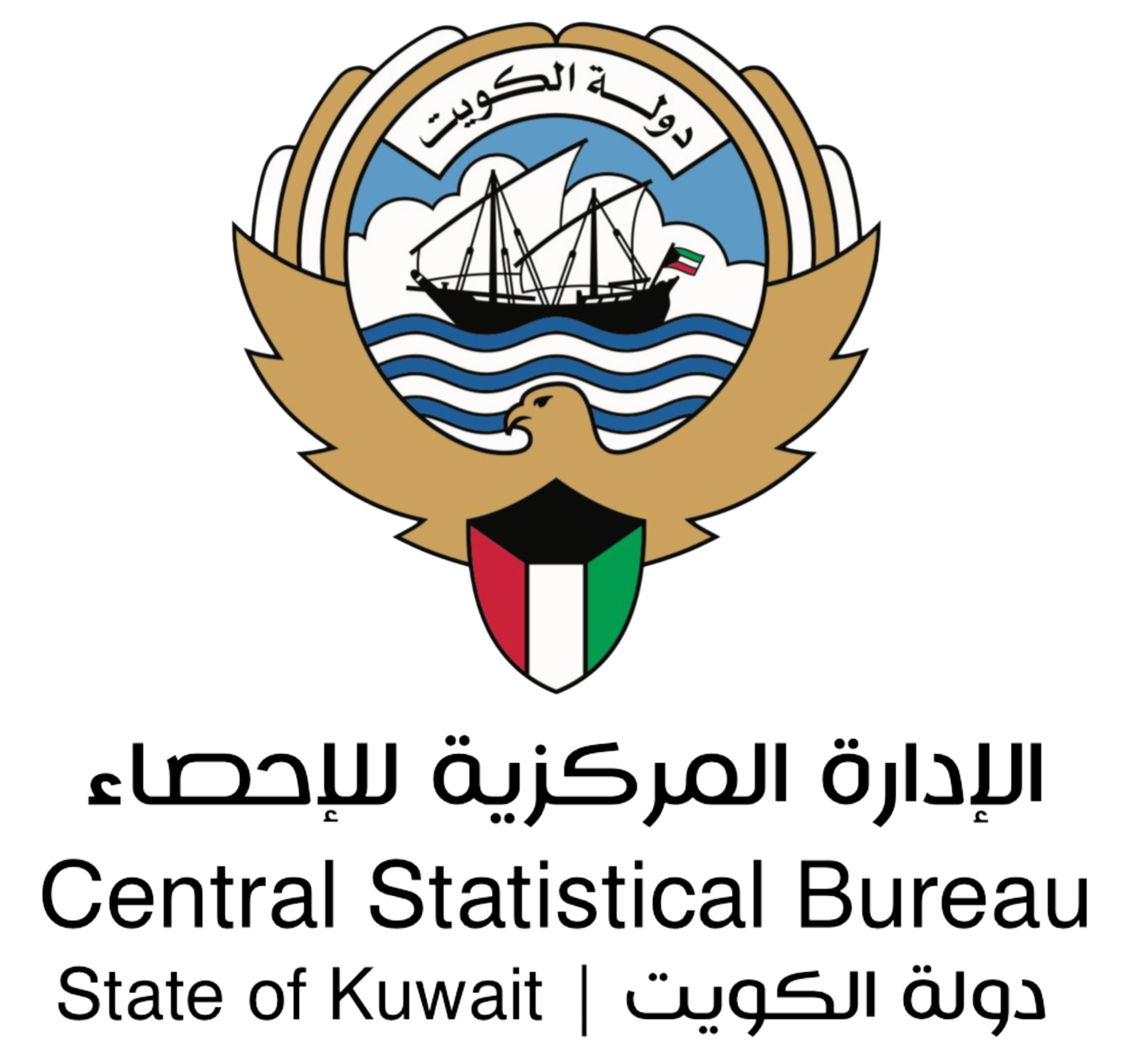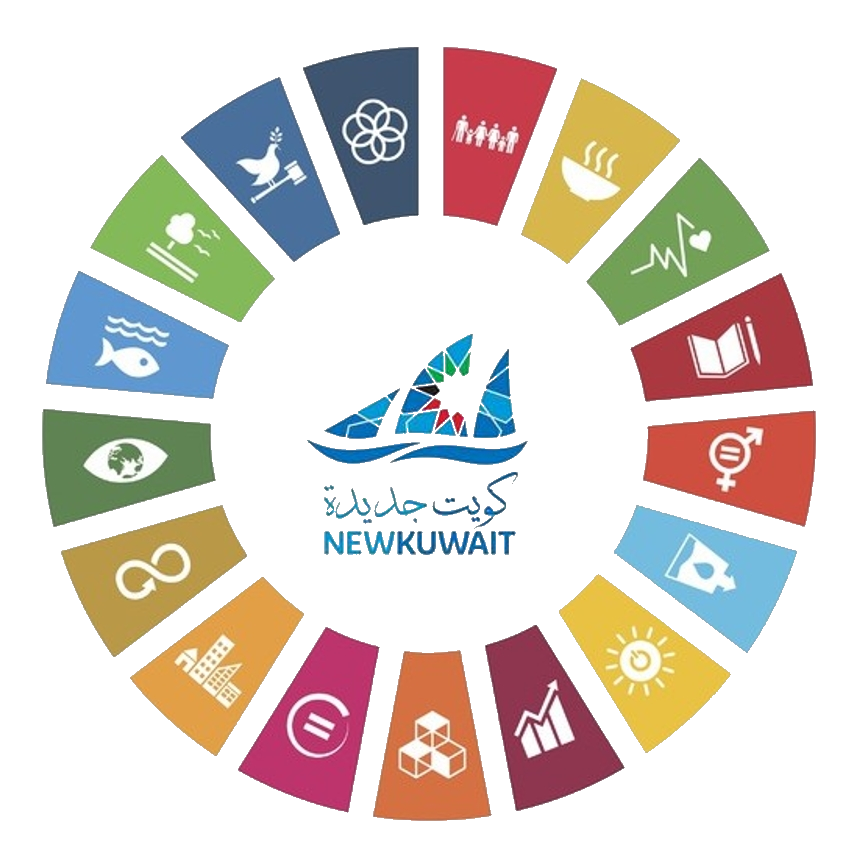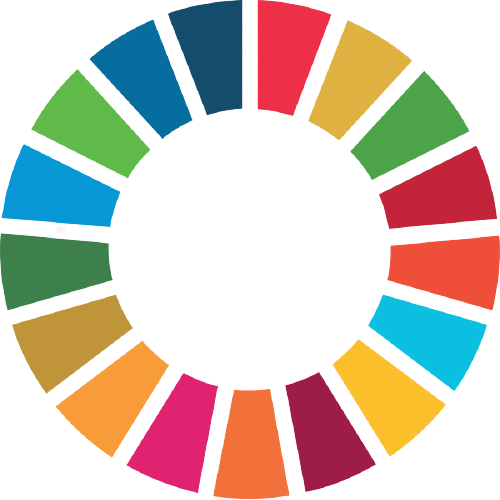 Goal 12:Ensure sustainable consumption and production patterns
Goal 12:Ensure sustainable consumption and production patterns
Number of Target
Indicators Total
Number of Applicable Indicators in Kuwait
Using environmentally friendly production methods and reducing the amount of waste we generate are targets for Goal 12. National recycling rates should increase by 2030, measured in tons of recycled material. In addition, companies should adopt sustainable practices and publish sustainability reports. Sustainable consumption and production patterns are about promoting resource and energy efficiency, infrastructure sustainability, providing access to basic services, providing decent and environmentally friendly work opportunities, and improving the quality of life for the benefit of all. The application of sustainable consumption and production patterns helps achieve comprehensive development plans, reduce future economic, environmental and social costs, consolidate economic competitiveness, and reduce poverty.


 Goal Targets
Goal Targets